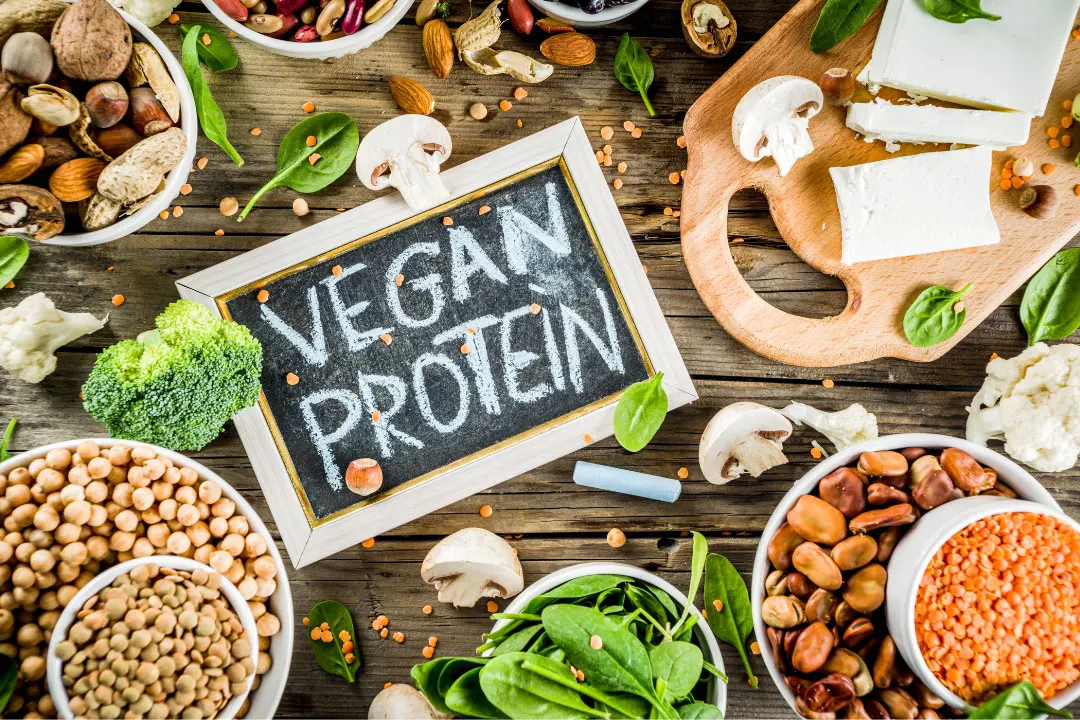Plant based protein supplements are rising stars in the health and wellness world, delivering sound nutrition with fewer calories than their animal-derived counterparts. We’ll compare two leading brands: Ensure plant based protein nutrition shakes and Nuzest Clean Lean Protein, so that you can make an informed purchase decision.
In recent years, plant based diets have become increasingly popular in the health and wellness world for their potential health benefits and environmental friendliness. Generally, the recommended daily intake of protein can be achieved through a regular diet. However, for athletes, research suggests that consuming higher amounts of protein may help increase strength and promote lean body mass. Moreover, research indicates that some plant based protein supplements may have comparable effects on body mass with fewer calories than their animal-derived counterparts. Read on for a comparison and review of two leading plant based protein supplements, which will help you make an informed purchase decision.
You May Also Like:
Ryse Protein Powder vs Nuzest’s Clean Lean Protein
Thorne Liver Cleanse vs Medicine Man Plant Co.’s The Liver Pill
Ensure plant based protein vs. Nuzest Clean Lean Protein:
Protein content
Ensure plant based protein and Nuzest Clean Lean Protein both contain a generous 20 grams of protein in their comparable serving sizes, using the popular plant based golden pea protein. This mild, nutty-flavored pea is rich in nutrients and packs a punch with the amount of protein it provides.
Nuzest protein powder uses a highly refined version of pea protein called pea protein isolate, which is processed to remove most carbohydrates and fats, leaving at least 90% protein by weight. Nuzest’s pea protein isolate is derived from a plant grown in northern France and is processed using a water-based method without the use of any chemicals. As a result, Nuzest’s pea protein isolate has 0% lectin, a fluffier texture, and a milder taste; it is known to be one of the best versions of the product.
On the other hand, Ensure’s protein shakes contain pea protein concentrate, a less refined product that contains 60-80% protein by weight. They also contain fava bean protein isolate. Fava bean protein isolate is high in protein and has a slightly sweet, earthy flavor; however, it contains more lectins than pea protein isolate. Lectins are a type of anti-nutrient common in plant based proteins that may cause gastrointestinal issues and reduce digestibility. Additionally, fava bean protein isolate may contain more tannins, which can interfere with nutrient absorption.
Both products offer comparable amounts of plant based protein that can compete with animal-derived alternatives. However, Nuzest’s high-quality products and protein isolation methods create a more easily digestible formula, giving them an advantage over Ensure’s protein shakes.
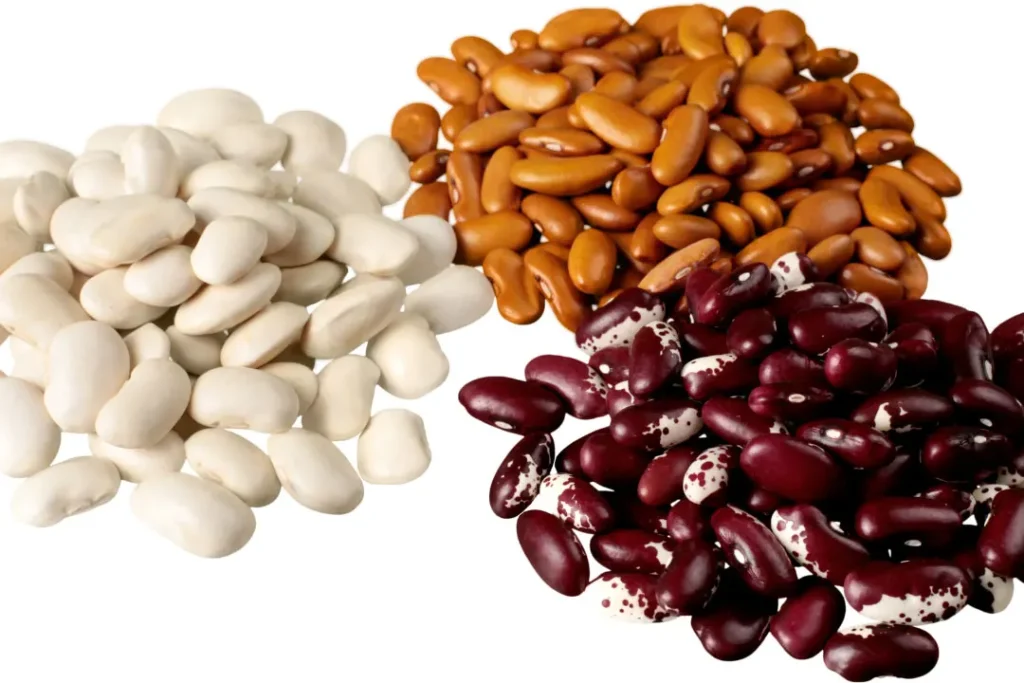
Ensure plant based protein vs. Nuzest Clean Lean Protein:
Dietary friendliness
Both Nuzest and Ensure plant based protein products are vegan and gluten-free, making them great options for consumers with dietary restrictions. However, Ensure’s protein shakes contain 7 grams of added sugar. In contrast, Nuzest’s protein powder contains zero sugar, using thaumatin, an extract from a West African fruit, as a natural sweetener. This substitution keeps Nuzest’s product low in calories, with only 100 calories per serving, compared to Ensure’s product, which has 180 calories per serving.
Many people who follow plant based diets may also favor clean, whole-food ingredients. That said, it is not uncommon for plant based proteins to contain gums and emulsifiers to improve the flavor and texture. Ensure’s protein shakes contain many added preservatives and chemicals. In contrast, Nuzest’s product contains only three clean ingredients: pea protein isolate, natural vanilla flavoring, and thaumatin. Nuzest’s high-quality pea protein doesn’t require added chemicals to enhance taste and texture, resulting in a cleaner formula.
Both protein supplements are great options for consumers with dietary restrictions. However, for those seeking a healthier, cleaner protein source, Nuzest Clean Lean Protein has a clear advantage over Ensure’s protein shakes.
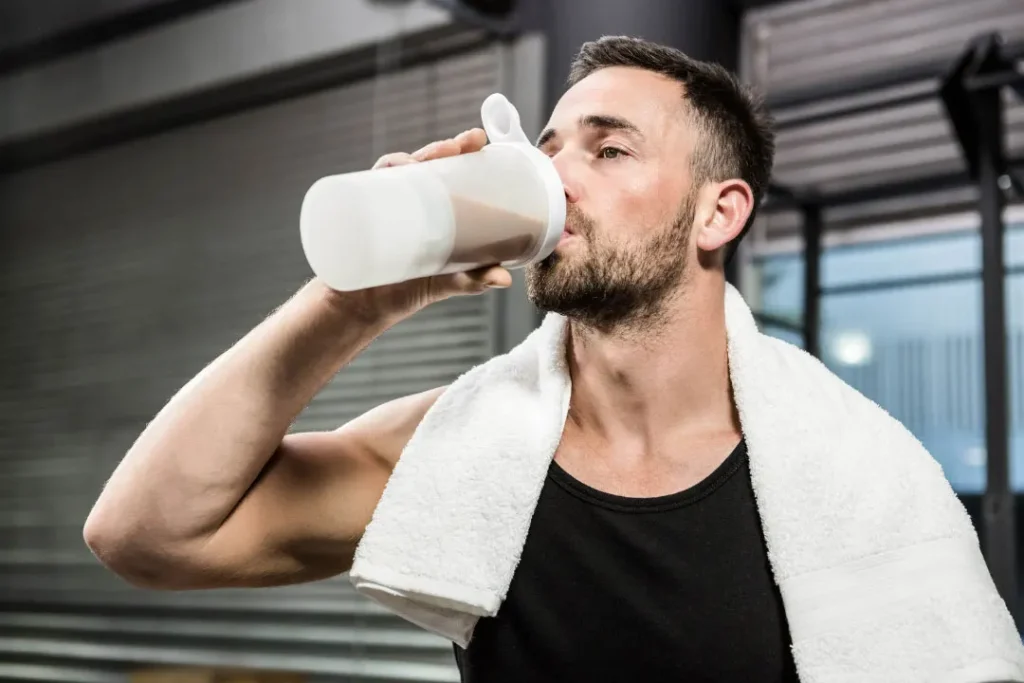
Ensure plant based protein vs. Nuzest Clean Lean Protein:
Reviews
With 3,636 reviews on Amazon, and 75% rated at 5 stars, many state that Ensure’s protein shakes are a plant based protein supplement that finally meets their dietary needs. Some consumers mention experiencing gastrointestinal issues, which make up 5% of 1-star reviews. Many of the 1-star reviews say the product does not taste good, having a weird aftertaste and chalky texture.
Nuzest has half the amount of total reviews at 1,550. However, 88% of those are 5-star rated with no 1-star reviews present. A smaller amount of people say the product has a grainy texture while still rating it 2 or 3 stars. Many 5-star reviews state it is the best flavored and textured plant based protein they have tried.
Although Nuzest has better overall reviews, it’s hard to determine which takes the advantage due to Ensure having twice the number of reviews.
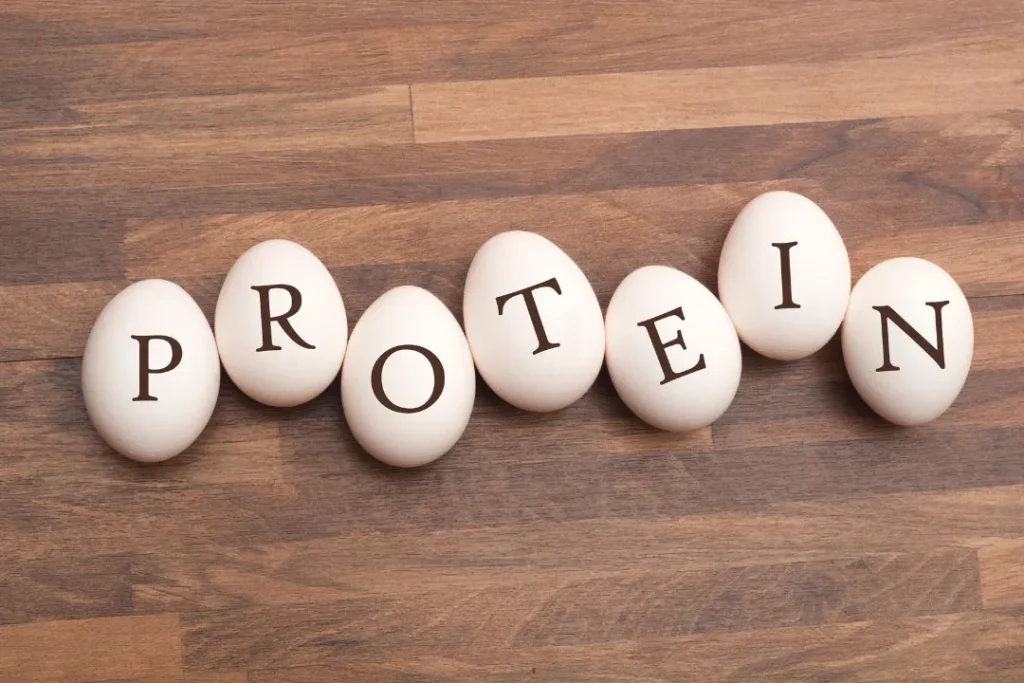
Ensure plant based protein vs. Nuzest Clean Lean Protein:
Price
One key difference between the two products is their price. On Amazon, a pack of 12 servings of Ensure costs $40.44, while Nuzest offers 20 servings of protein powder with an identical amount of protein for $44.95. This means that each serving of Ensure is 50% more expensive than a serve of Nuzest. Therefore, Nuzest is the clear winner as it is more cost-friendly and accessible to a wider range of people.
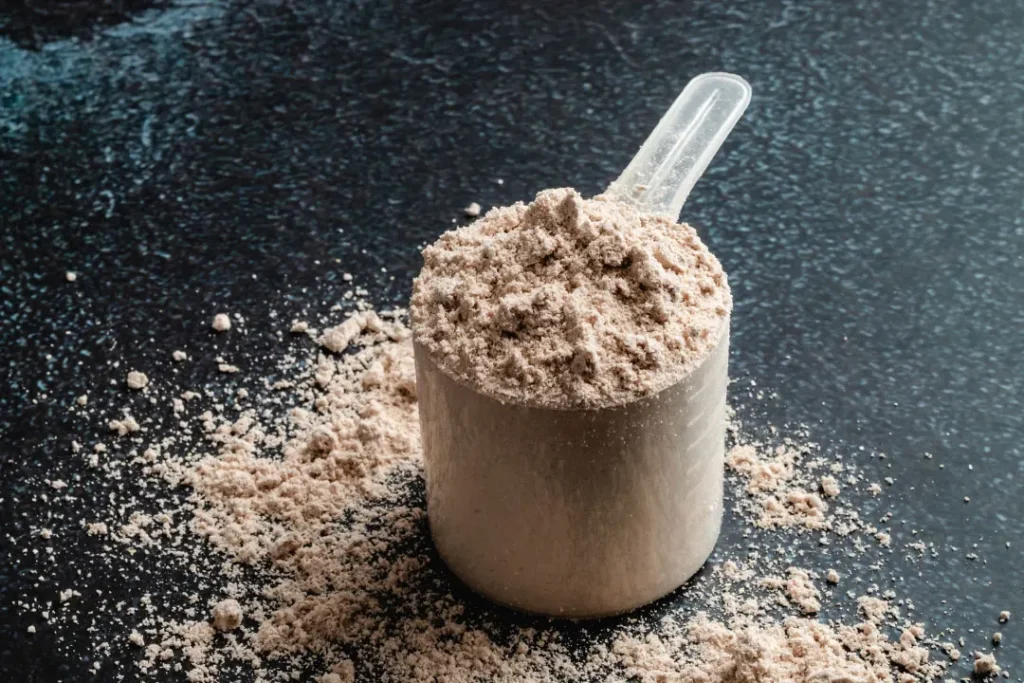
Ensure plant based protein vs. Nuzest Clean Lean Protein:
Final results
In a head-to-head comparison, Nuzest Clean Lean protein outperforms Ensure plant based protein. Although Ensure is a good plant based protein supplement for people with certain dietary restrictions, Nuzest offers a cleaner, more easily digestible formula that doesn’t sacrifice flavor and is significantly more affordable. In a market where many products contain additives, Nuzest’s nutritious formula packs a powerful punch for your workout goals while avoiding most additives, including the anti-nutrients common in plant based proteins, making it the overall better choice.
Further Reading for Additional Reference:
PubMed: Plant Proteins: Assessing Their Nutritional Quality and Effects on Health and Physical Function
Johns Hopkins: 5 Protein-Packed Foods for Healthy, Meatless Meals
Columbia: What is a plant based diet, and is it healthy?
Important Note: The information contained in this article is for general informational purposes only, and should not be construed as health or medical advice, nor is it intended to diagnose, prevent, treat, or cure any disease or health condition. Before embarking on any diet, fitness regimen, or program of nutritional supplementation, it is advisable to consult your healthcare professional in order to determine its safety and probable efficacy in terms of your individual state of health.
Regarding Nutritional Supplements Or Other Non-Prescription Health Products: If any nutritional supplements or other non-prescription health products are mentioned in the foregoing article, any claims or statements made about them have not been evaluated by the U.S. Food and Drug Administration, and such nutritional supplements or other health products are not intended to diagnose, treat, cure, or prevent any disease.

